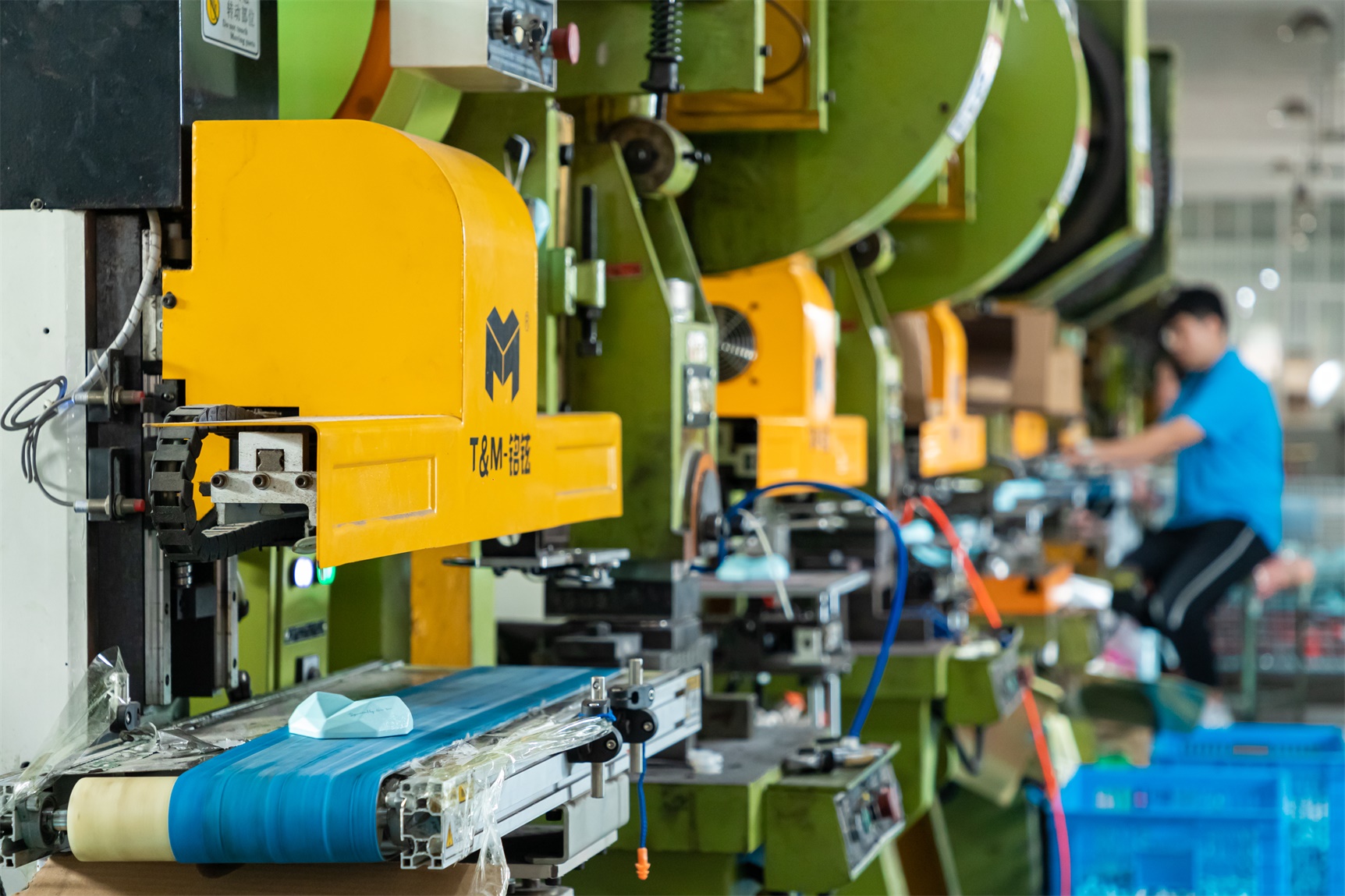Introduction
In today’s global economy, finding a reliable manufacturer is crucial for businesses looking to source high-quality products at competitive prices. For companies in the market for tin boxes, China offers a vast array of manufacturing options. However, navigating this landscape can be challenging. This comprehensive guide aims to assist B2B buyers in identifying and partnering with a trustworthy tin box manufacturer in China.
Understanding the Market Landscape
Market Overview
China’s manufacturing sector is renowned for its vast capabilities, diverse offerings, and competitive pricing. This is particularly true in the tin box industry, where manufacturers range from small-scale workshops to large, technologically advanced factories.
Key Considerations
- Market Reputation: A manufacturer’s reputation in the market is a testament to their reliability and quality. Look for companies with positive feedback from past clients and a strong presence in the industry.
- Production Capacity: Assess whether the manufacturer can handle your volume needs, especially during peak seasons.
- Quality Assurance: Quality control measures are critical to ensure product consistency and adherence to international standards.
Conducting Market Research
Effective market research involves analyzing industry reports, visiting trade shows, and leveraging online platforms like Alibaba to gather information.
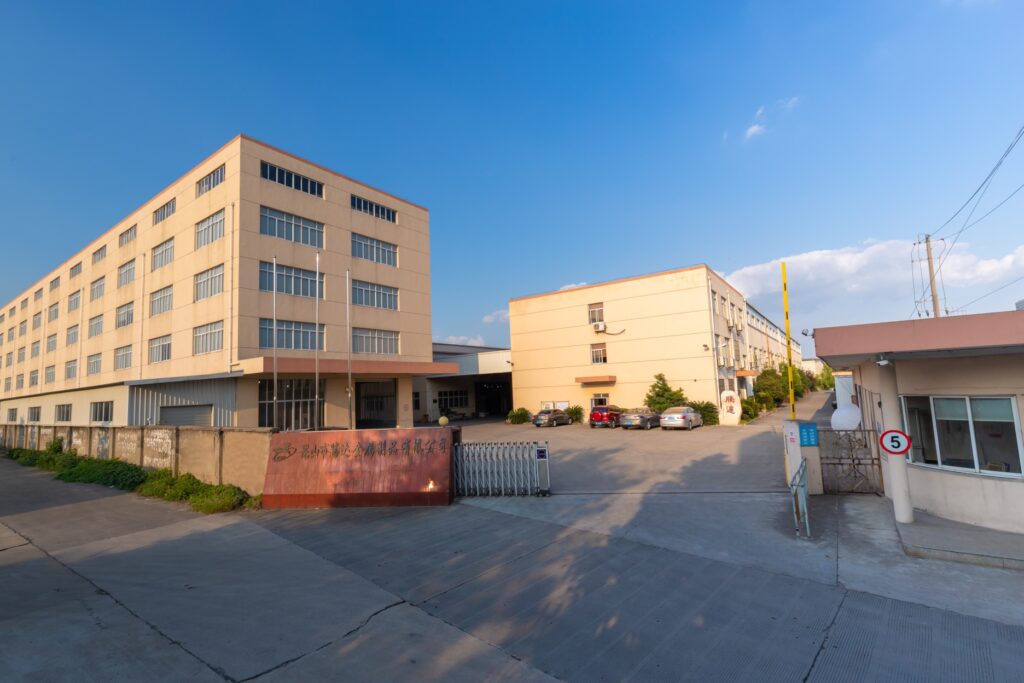
Establishing Effective Communication
Importance of Communication
In international trade, clear and efficient communication is key to avoiding misunderstandings that can lead to costly mistakes.
Strategies for Better Communication
- Language Proficiency: Ensure the manufacturer has staff proficient in your language to avoid communication barriers.
- Response Time: Quick responses are indicative of a manufacturer’s commitment to customer service.
- Technical Understanding: A deep understanding of technical requirements is crucial for manufacturers to meet your specific needs.
Building a Communication Plan
Develop a communication strategy that includes regular updates, clear points of contact, and a method for resolving disputes.
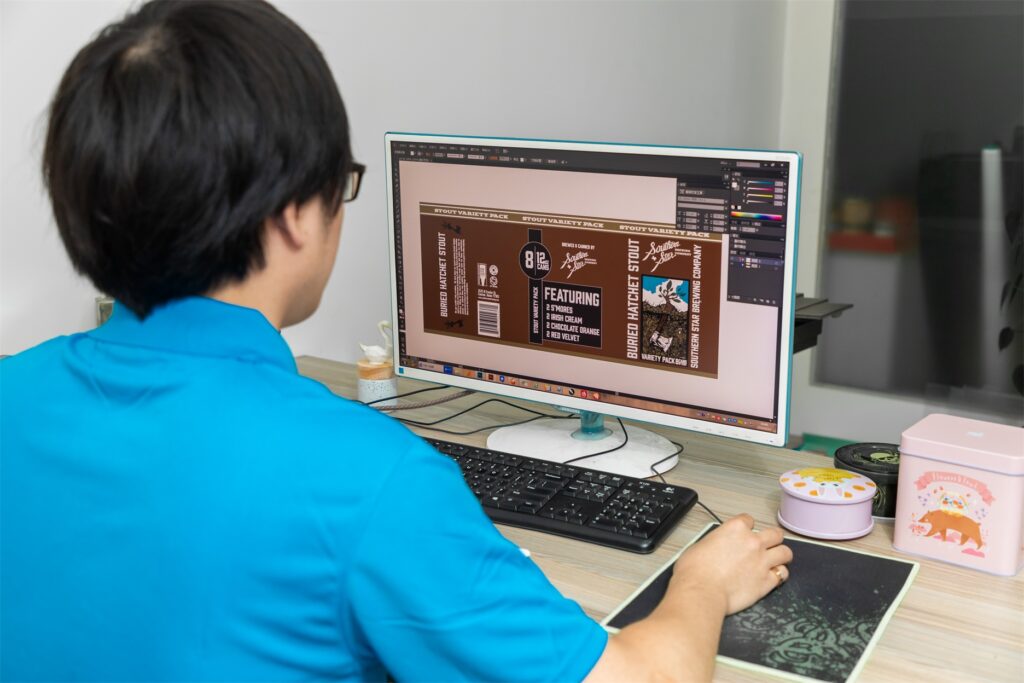
Navigating Certification and Compliance
Understanding Certification Needs
Many markets, especially in the developed world, have stringent requirements for product safety and quality. Ensuring compliance is non-negotiable.
Certification Checkpoints
- International Standards Compliance: Verify that the manufacturer meets international standards such as ISO or others relevant to your market.
- Product Certifications: Confirm product-specific certifications, like food safety for tin boxes intended for food packaging.
- Regular Audits: Periodic audits can help ensure ongoing compliance and certification validity.
Importance of Transparency
Transparency in certification and compliance processes helps build trust and ensures long-term partnership viability.
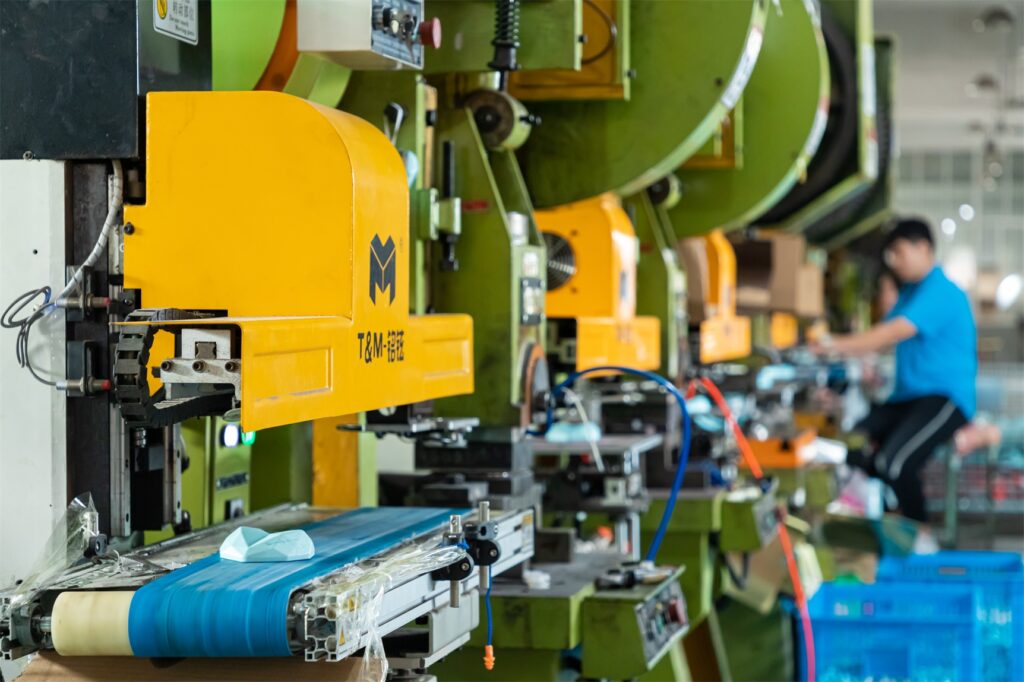
Assessing Logistics and Delivery Efficiency
Timely Delivery
On-time delivery is essential for maintaining inventory levels and meeting market demands, especially during peak seasons.
Logistics Evaluation
- Shipping Partnerships: Reliable shipping partnerships are crucial for timely and cost-effective delivery.
- Delivery Track Record: Investigate the manufacturer’s history with on-time deliveries.
- Packaging and Handling: Proper packaging is essential to prevent damage and maintain product integrity during transit.
Planning for Contingencies
Develop contingency plans for logistics challenges, such as alternate shipping routes or backup manufacturers.
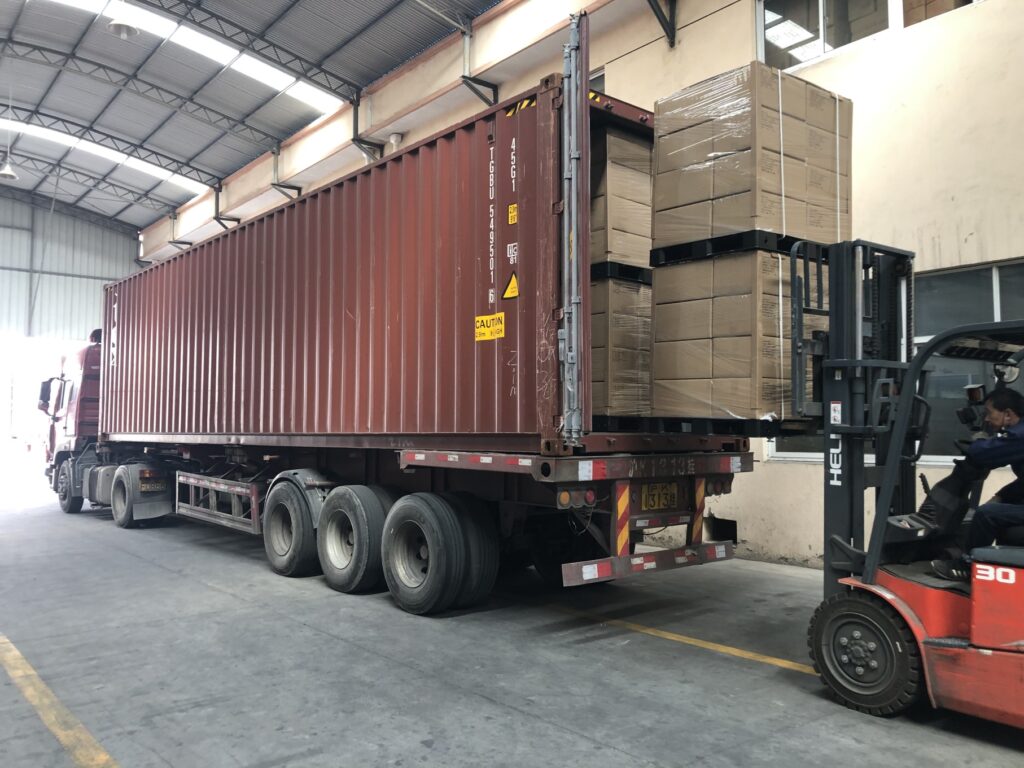
Price and Value Considerations
Balancing Cost and Quality
While cost is a significant factor in manufacturer selection, it should not overshadow the importance of quality and service.
Pricing Analysis
- Competitive Pricing: Benchmark prices against other manufacturers to ensure competitiveness.
- Value for Money: Evaluate the overall value offered by the manufacturer, considering quality, service, and price.
- Negotiation Flexibility: Assess the manufacturer’s openness to negotiate terms that benefit both parties.
Understanding Total Cost of Ownership
Consider all costs associated with the product, including logistics, customs, and potential quality issues.
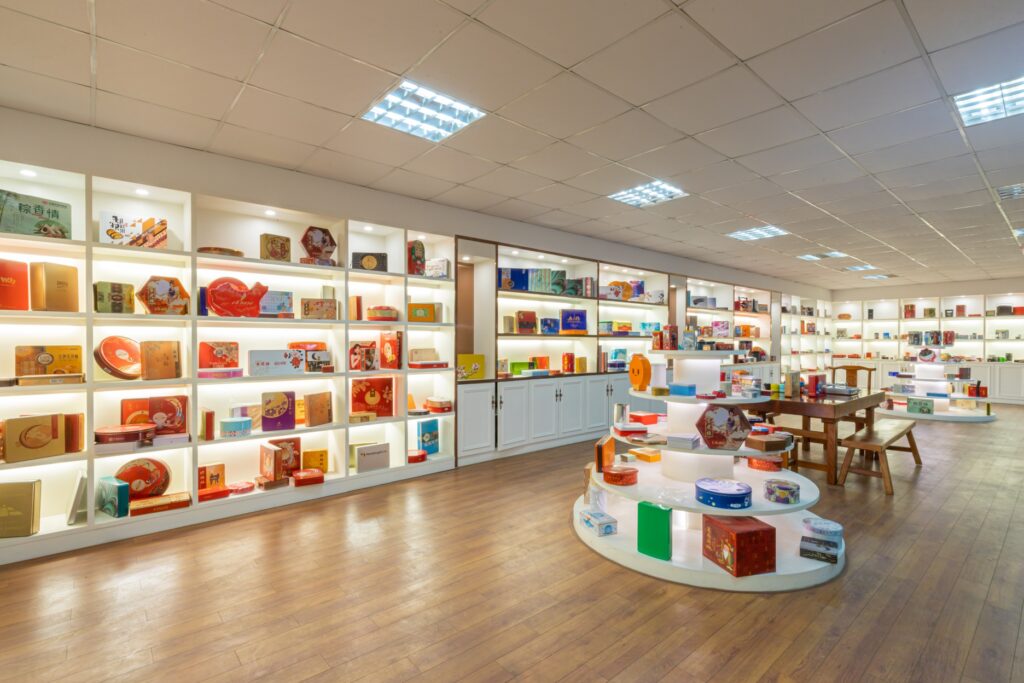
Leveraging Technology for Enhanced Collaboration
The Role of Technology
In the digital age, technology plays a vital role in streamlining production, communication, and logistics.
Technology Integration
- Order Tracking Systems: Advanced tracking systems enhance transparency and help manage expectations.
- Digital Communication Platforms: Digital platforms facilitate smoother, more efficient communication.
- Innovation in Production: Manufacturers who invest in modern technology can offer higher quality and more innovative solutions.
Embracing Digital Transformation
Utilizing digital tools can lead to more efficient operations and better adaptability to market changes.
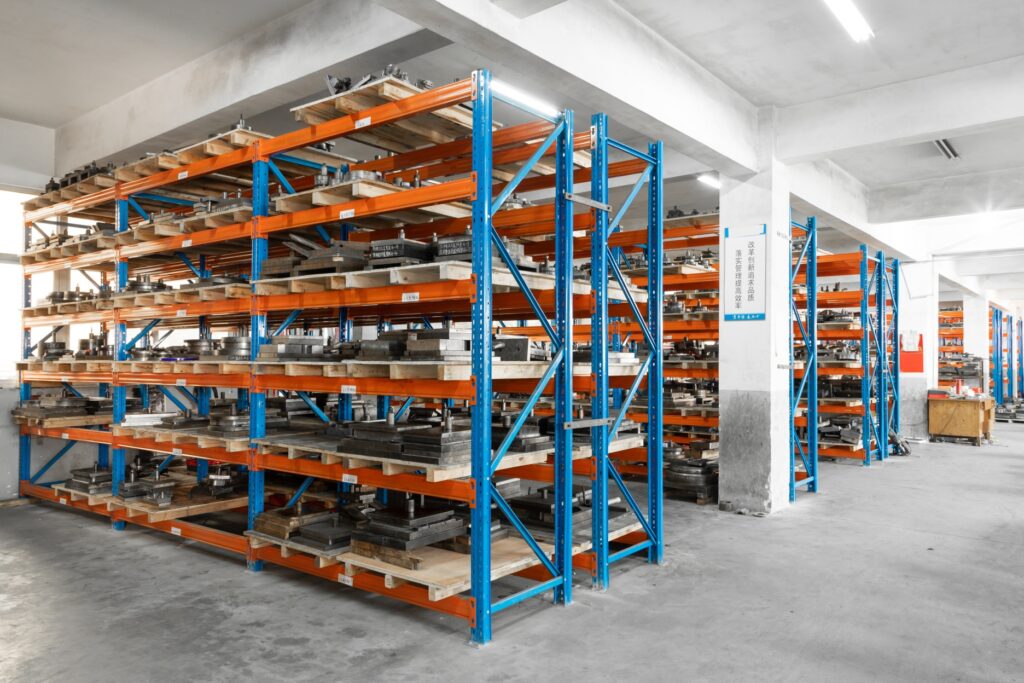
Building Long-Term Relationships
The Importance of Partnerships
A strong relationship with your manufacturer is not just about transactions but about building a partnership that can grow and adapt over time.
Strategies for Relationship Building
- Regular Visits: Visiting the manufacturing site can provide insights into their operations and strengthen relationships.
- Feedback and Improvement: Openly sharing feedback and working together on improvements can enhance product quality and service.
- Mutual Growth Opportunities: Look for opportunities where both parties can benefit, such as joint ventures or co-branding initiatives.
Nurturing Trust and Loyalty
Building trust through consistent and fair practices is essential for a lasting and mutually beneficial relationship.
Conclusion
Selecting a reliable tin box manufacturer in China requires careful consideration of various factors, including reputation, communication, certification, logistics, pricing, and technology use. By focusing on these key areas and building a strong partnership based on trust and mutual growth, businesses can establish a fruitful and sustainable relationship with their Chinese manufacture.

